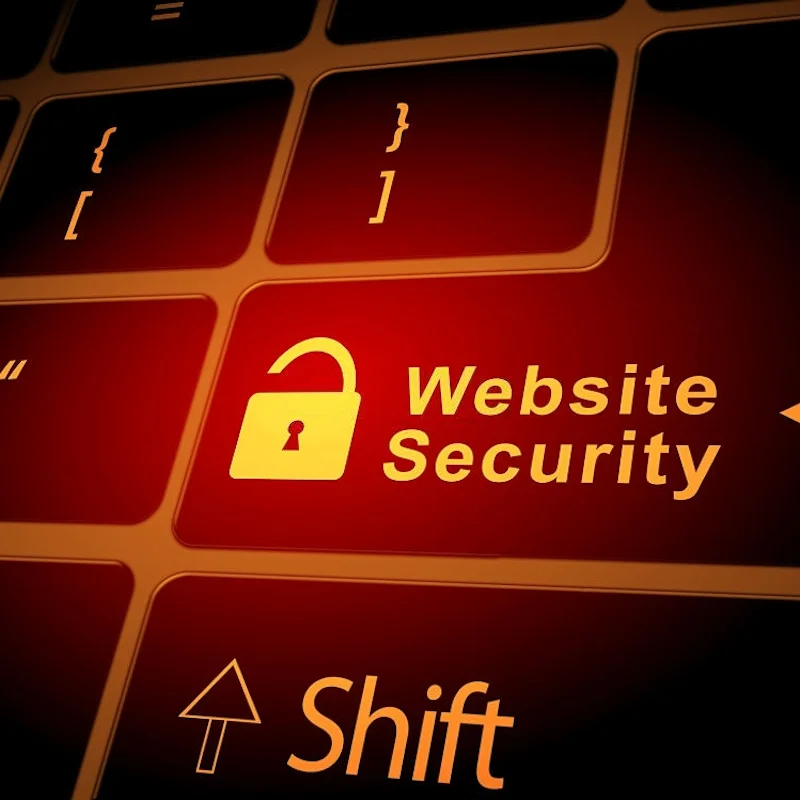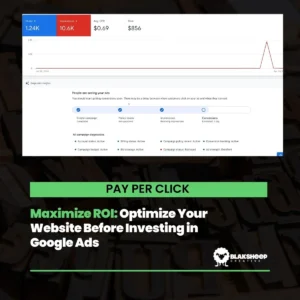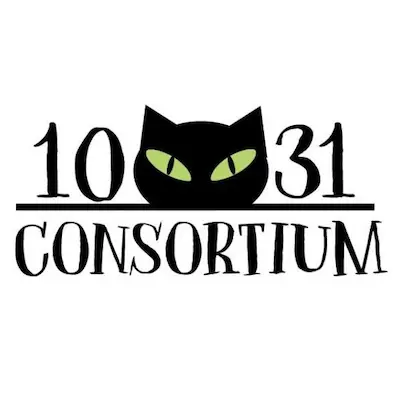As a firefighter and veteran-owned web design and digital marketing business, we do all of our banking at the BRFDFCU. (That’s Baton Rouge Fire Department Federal Credit Union if you’re not hip to acronyms).
Why do we do it? Because of the convenience of their online banking.
What’s a requirement for online banking?
We’re glad you asked. Website Security.
Keep that in mind as you continue to read. Website security is critical for everything from online banking to a simple one-page website. We will reference an online banking site just to keep things simple.
So what is website security exactly?
Website security is thought of as “any action or application taken to ensure website data is not exposed to cybercriminals or to prevent a websites’ exploitation in any way.”
Or to put it in layman’s terms,
Website security is a cost-effective way to protect your website and ensure others don’t access your site and data.
Website security protects your website from:
- DDoS Attacks: According to internet security experts, Norton, “A distributed denial-of-service (DDoS) attack is one of the most powerful weapons on the internet. When you hear about a website being “brought down by hackers,” it generally means it has become a DDoS attack victim. In short, this means that hackers have attempted to make a website or computer unavailable by flooding or crashing the website with too much traffic.”These attacks can slow or crash your site entirely, making it inaccessible to visitors, hurting your reputation and, worse, your bottom line.
- Malware: Short for “malicious software,” malware is a prevalent threat used to steal sensitive information, distribute spam, allow cybercriminals to access your site, and more.
- Blacklisting: Should hackers manage to introduce malware on your website’s server, your site could be removed from search engine results. Removal from SERPS would kill your SEO and render your website virtually invisible.
Website security protects your visitors’ information from:
- Stolen Data and Information: When your website is secure and protected, your customers’ vital data, such as email addresses and credit card numbers are safe from prying eyes.
- Phishing Attempts: No, we’re not talking about the jam band Phish. According to Webster’s Dictionary Online, Phishing is “a scam by which an Internet user is duped (as by a deceptive e-mail message) into revealing personal or confidential information which the scammer can use illicitly.”These days, however, phishing doesn’t just manifest itself in emails. These attacks often take the form of web pages that look legitimate but are designed to trick the user into providing sensitive information.
- Browser Hijacking: This cyber-attack method takes control over the site visitor’s browser and forces them to take undesired actions on your website.
- Redirects: Ugh, these are aggravating, aren’t they? In a redirection attack, the user’s browser is taken from your site to a malicious website.
Why you need website security:
Here are seven reasons why your website must be secure.
- Your hosting provider protects their server, not your website. Back to our BRFDFCU example. Our credit union provides us with a safety deposit box to store our valuables in, but our job is to protect our valuables by locking it up. Your web hosting server is the box, and your website is your valuables. Lock the door and protect your site!
- Prevention is cheaper than repair. Whether your site is attacked by malicious file uploads, malicious code, or brute force, the result is the same – an inaccessible website. A website that is down can cost up to $427 per minute. Securing your website costs less than $1 a day.
- Your reputation will be safe, and visitors (think customers) will return to your website. You’ll protect your reputation and retain visitors and customers. Studies show that 65 percent of customers who have had their information stolen by a compromised website won’t visit that website again – that’s a devastating number of visitors to lose, especially for a small business or website.
- Malware and Attacks often go unnoticed. These malicious masterminds specialize in creating malware that can discreetly enter a site and stay hidden, so your website might be infected, and you probably don’t even know it. Some of these sneaky malware attacks include:
- Backdoors, a type of malware that allows cybercriminals to access a site without the owner’s knowledge.
- Cross-Site Scripting XSS, the attacker aims to execute malicious scripts in a web browser of the victim by including malicious code in a legitimate web page or web application.
- SQL Injection, a type of injection attack that makes it possible to execute malicious SQL statements. These statements control a database server behind a web application.
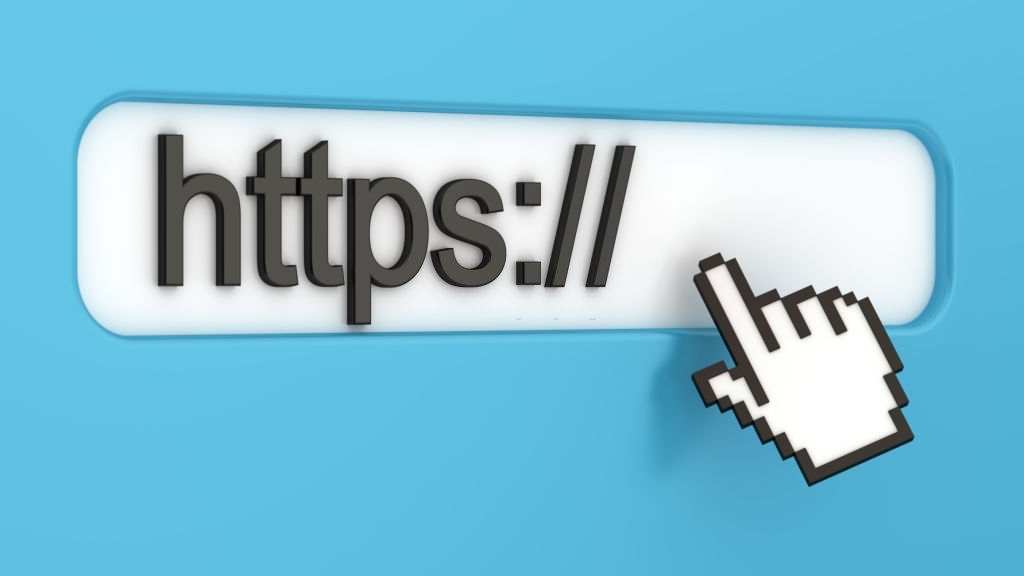
So, How do you secure your website?
Fortunately, locking down your website is simple and inexpensive. All of our web hosting plans include the following industry-leading security measures.
- SSL Certificate. A secure socket layer certificate is necessary for both securities, as well as for Search Engines. You don’t exist, according to Google, without one.
- Web Application Firewall. A WAF is another layer of protection for your website that helps prevent attacks carried out by malicious bots that automatically look for vulnerabilities they can exploit, or cause DDoS attacks that slow or crash your website. These types of attacks target smaller, lesser-known websites.
- Website Scanner. As previously mentioned, a malicious script can go unnoticed. All the while, creating havoc on your site, stealing customer data, or worse. Our website scanner looks for malware, vulnerabilities, and other security issues so that you can mitigate them appropriately. Because our scans are continuously running, you can be sure that your website will be safe, secure, and fast.
- Content Delivery Network. While typically thought of as being for website speed, our CDNs help beefen up your website. They help ease web traffic on your server during a DDoS attack and act as an extra buffer between your site and web villains.
- Strong Passwords. Finally, something you can do right now! Always ensure that your passwords are individually unique and robust. There’s a reason why most websites require two capital letters, 1 number, one symbol, one hieroglyphic, and your blood type. (ok hyperbole, we know). But all of those elements make it statistically harder for hackers to find your password. Now, you may be thinking, “I can’t keep up with all of those passwords.” Neither can we.
Here’s one of our favorite tools.
Last Pass.
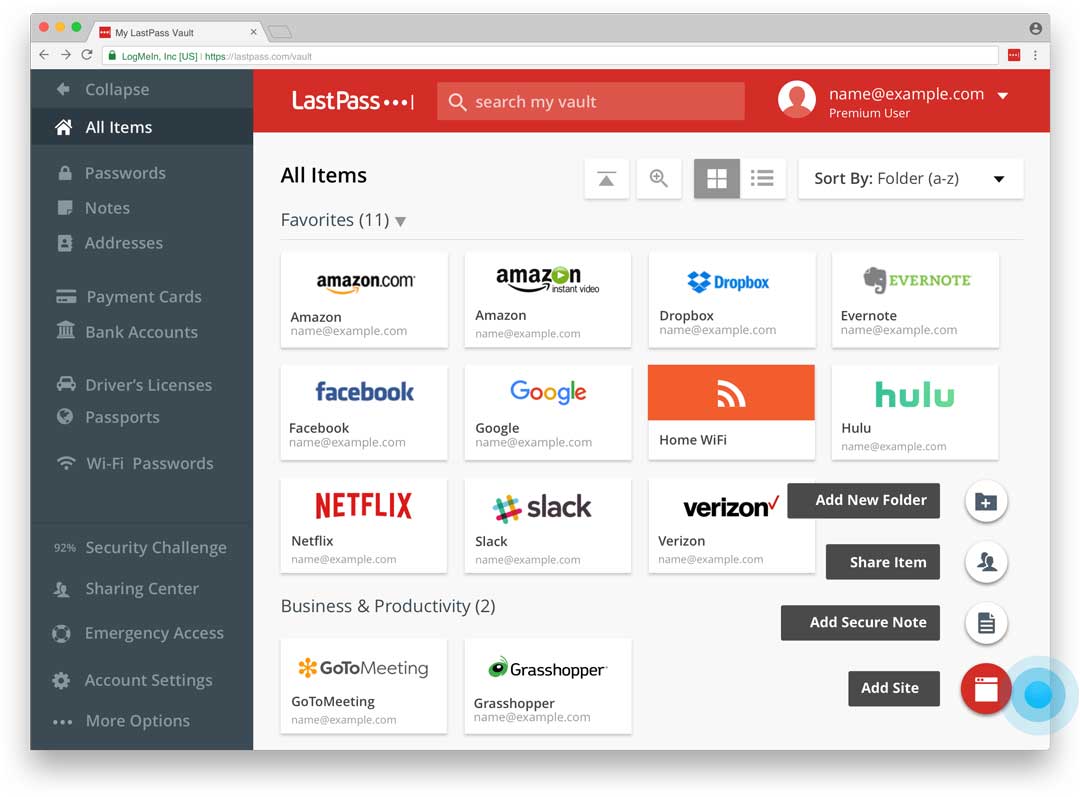
LastPass is one of about a million password managers out there. We love it because it makes logging into sites and accounts easy.
Whether using one of their browser extensions on Firefox and Chrome, or the standalone app on IOS, we can log in to any of the hundreds of websites we manage in a flash.
It can even create secure passwords for you and save them, so you don’t have to remember them (or type them in each time.)
Oh, and it’s FREE.
And yes, we use it for our BRFDFCU login.
We can help you with website security and hosting!
To avoid becoming a cybercrime casualty and secure your website right now. We can even take care of that for you. We can help you improve your website’s security and give you peace of mind.
Just get in touch with us and let us do a security audit and make recommendations. You can email us, call us, or fill out the form below.
